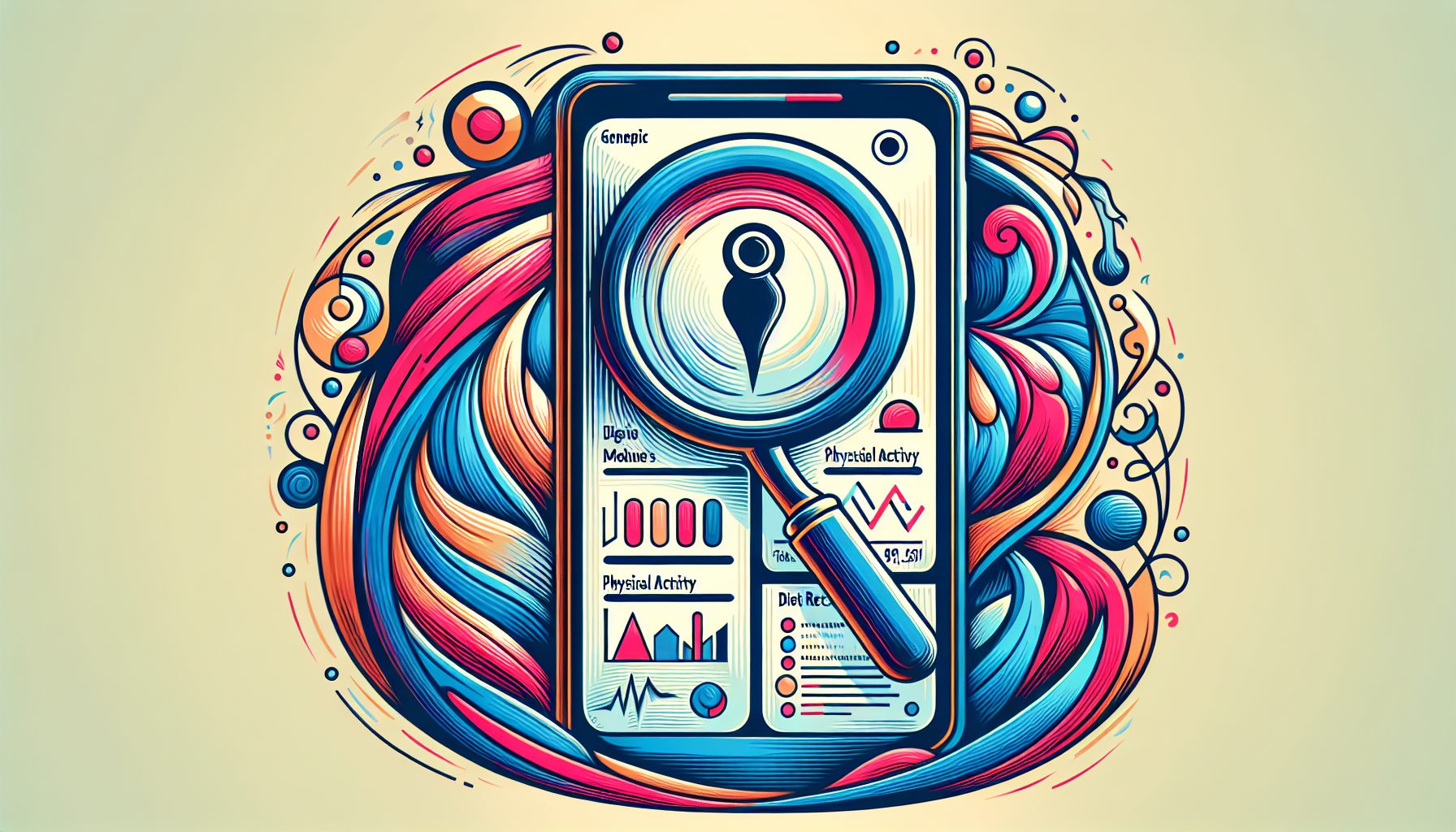Women’s health apps are in the spotlight following concerns about their data collection methods. The gripping issue involves apps collecting private data, including details about menstrual cycles, sexual activity, pregnancy status, even mental health information.
Critics argue that the potential misuse of such sensitive personal data is alarming. Privacy advocates are pushing for a detailed review of data collection policies, hoping to ensure user data privacy and promote transparency.
Although app developers argue data collection is essential for improving user experience, they agree on the importance of respecting user privacy. As a result, there’s a growing demand for stronger regulations to safeguard women’s health apps users.
The data these apps collect extends beyond conventional information like email addresses, to sensitive health conditions, lifestyle habits, and genetic predispositions, raising concerns about data misuse. A breach could prove significantly detrimental to users.
Users are urged to scrutinize app terms and conditions, leading to informed decisions about their digital privacy. Research presented at a prominent conference revealed practices like secretive data collection, inconsistent privacy agreements, and flaws in data deletion mechanisms among top health apps.
This alarming trend places users at risk of having their health data exploited without explicit consent. Consequently, users’ trust in these apps is eroding, potentially discouraging them from managing their health digitally.
In response, a number of digital health communities and legal authorities are calling for revised regulations regarding health apps’ data management.
Safeguarding sensitive data in women’s health apps
Future apps are expected to pledge stricter privacy protocols and ensure transparency.
App reviews show these potentially jeopardize user anonymity by linking user data to online activities like search history. Some apps demand users admit personal experiences to access data-removal features, leaving users with the difficult choice between sharing intimate details or sacrificing data deletion.
Furthermore, some apps have no data deletion option and the deletion process in others is unreasonably complicated. The lack of regulation and oversight contributes to widespread data misuse, highlighting the need for urgent protective measures.
Exposure of sensitive personal data may lead to harms like intimate partner violence or job discrimination. Security breaches could lead to blackmail or public shaming, resulting in mental distress and social exclusion.
It’s vital to address these privacy and security concerns, safeguarding individuals’ personal information. Society and legislation must evolve alongside technology, establishing stronger measures against misuse.
Despite many apps reassuring users about not selling their data, the reality is more complex, with a significant portion of the data given to third-party companies. Stronger regulations and transparency in health data collection are urgently needed.
In conclusion, while health apps offer many benefits, the potential misuse of sensitive personal information is a grave concern. Stricter regulations and improved transparency are crucial to ensure secure data protection.










